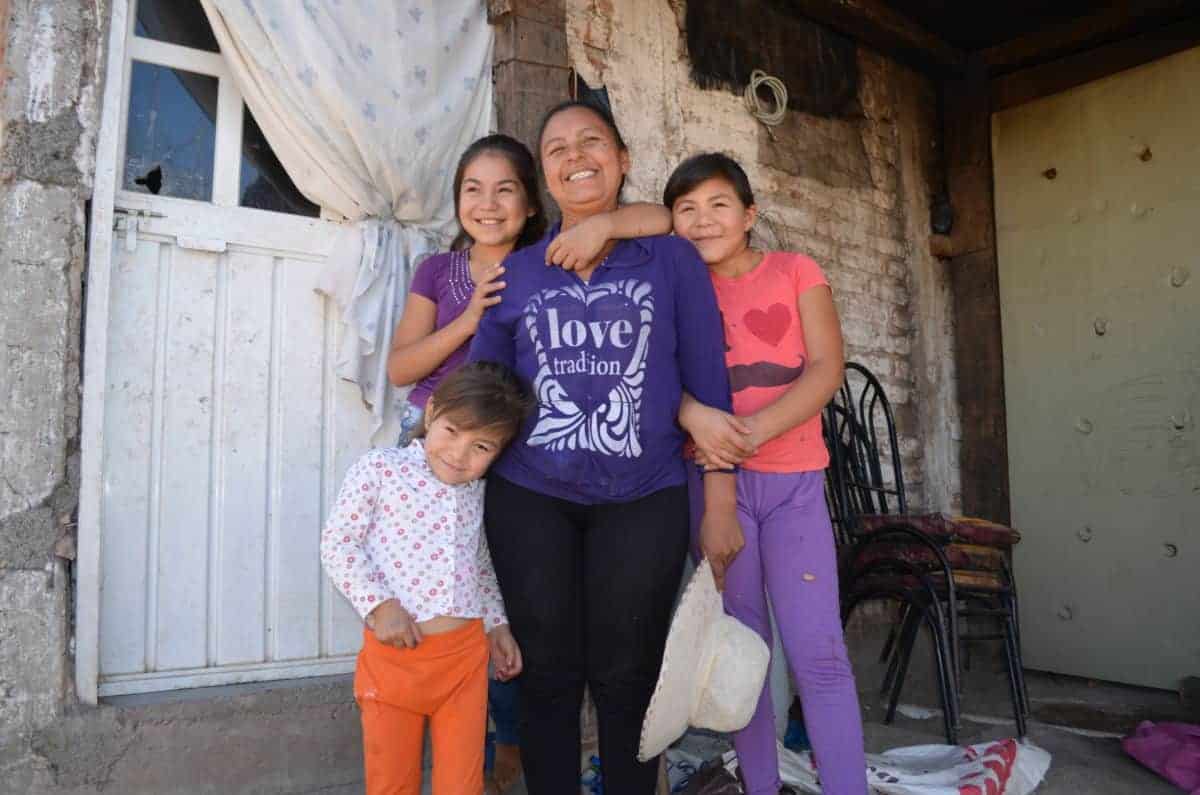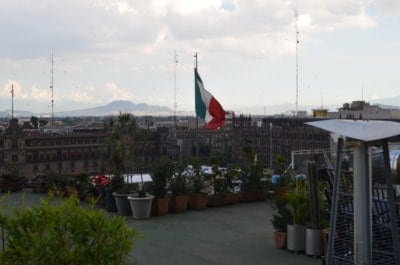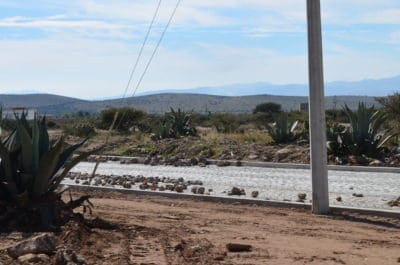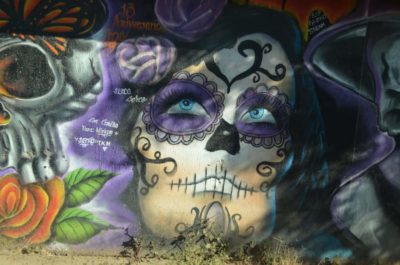Muhammad Ali appeared on an English television show when he was 35 years old and asked what he was going to do in retirement. He explained to the crowd that he had only 16 more productive years left once he factored out time he spent traveling, sleeping, and downtime. Muhammad Ali further explained that he wanted to use his remaining years to help and unite people. Muhammad died at age 74, but not before using his “productive” years to engage in humanitarian efforts in Africa and parlaying his fame as a professional boxer to unite people across the globe.
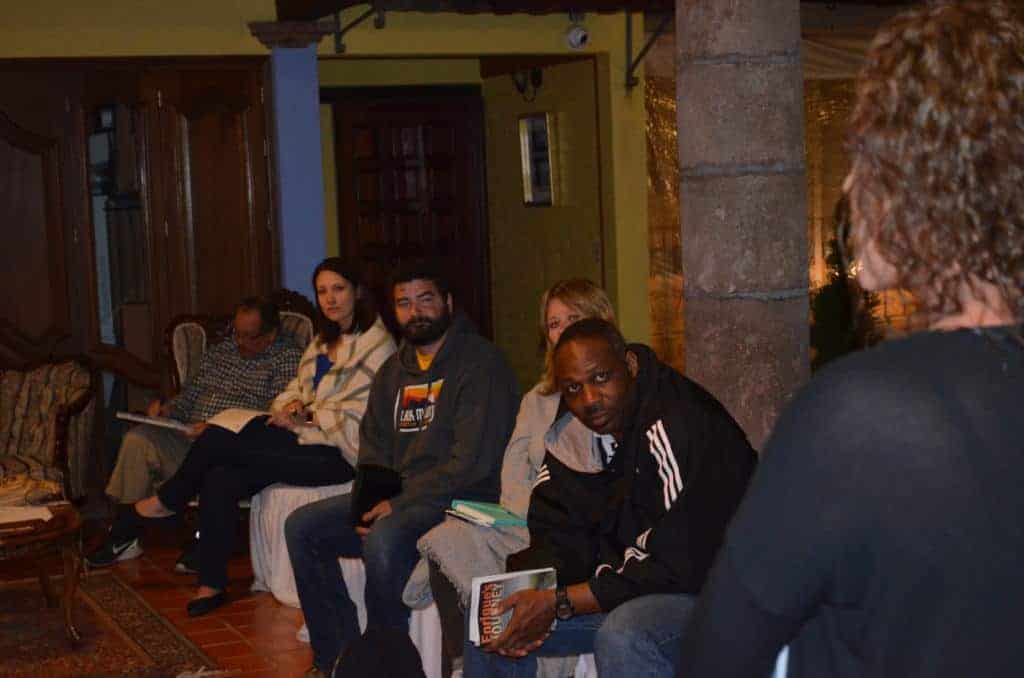
This sentiment, helping and uniting people, emerged during the last meeting of the NC delegation in Mexico. During this debrief session, members began by discussing things they learned and how they would apply them back in North Carolina, but it quickly turned into an emotionally charged session of reflection and contemplation. Some members expressed a strong willingness to help once back in North Carolina but expressed concern when considering the many obstacles of living in North Carolina. Other members expressed frustration that the trip may end up being just another trip, fading in a few months from the members’ memory like an ordinary vacation. Still other members were unusually quiet as they listened and internally reflected upon their experiences during the eight day visit to Mexico.
The Hispanic Initiative Director for Go Global NC, Lorena Patterson, who displayed a calmness and laid-back demeanor throughout the trip, stood up and ended the meeting with an impassioned and emotional plea to, “Wake up and do!”
Wake up and do!
Every day, people wake up, eat breakfast, help their family members get to school, go to their job, return home, eat dinner, manage the household, and sleep. How can we fit any more into our busy schedules? Where can we find the time to do more?
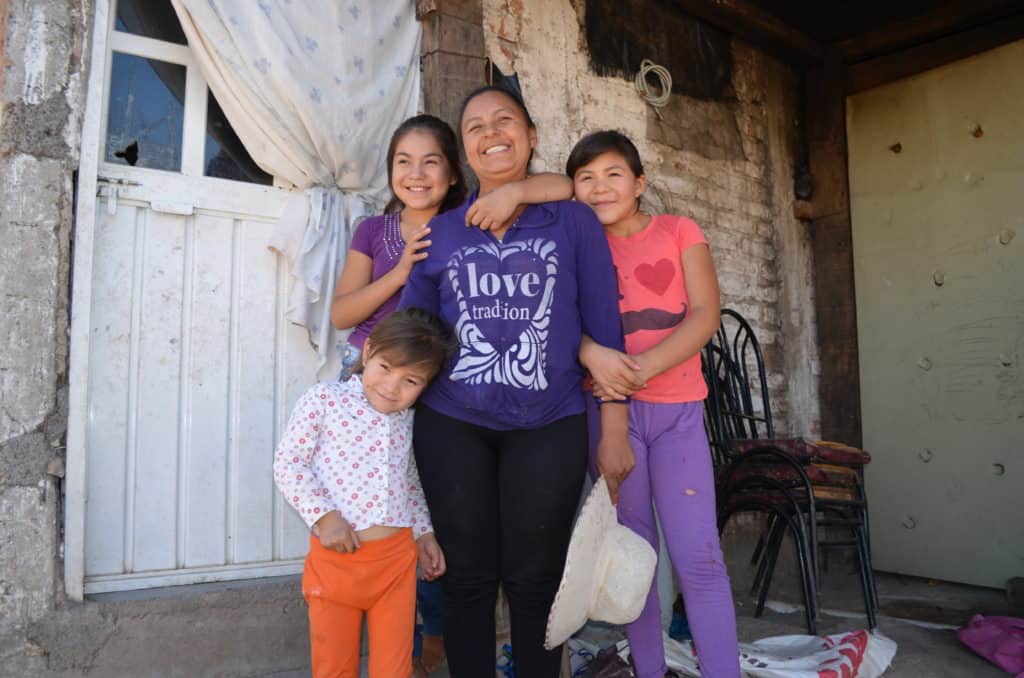
The woman who shared her home and life story with a few of the members of the NC Delegation in the small community of Peñitas just north of Irapuato, Mexico, wakes up every morning like us, eats breakfast like us, feeds her children like us, helps them off to school like us, manages her household like us, and yet, still manages to help her community to survive, and has so much less in terms of wealth and access to conveniences or services than we have here in the United States.
Wake up and do.
Lorena once told me she doesn’t care about titles or publicity or recognition. She is more interested in results. She wants all the organizations in North Carolina that are helping the Hispanic population to become more organized and work together. She wants to see the leaders in North Carolina, who want to help but are standing on the sidelines, take the next step and pitch in. Lorena wants to see community colleges embrace this population, recruit more Hispanic students, and remove the barriers that are limiting their success as students.
Wake up and do.
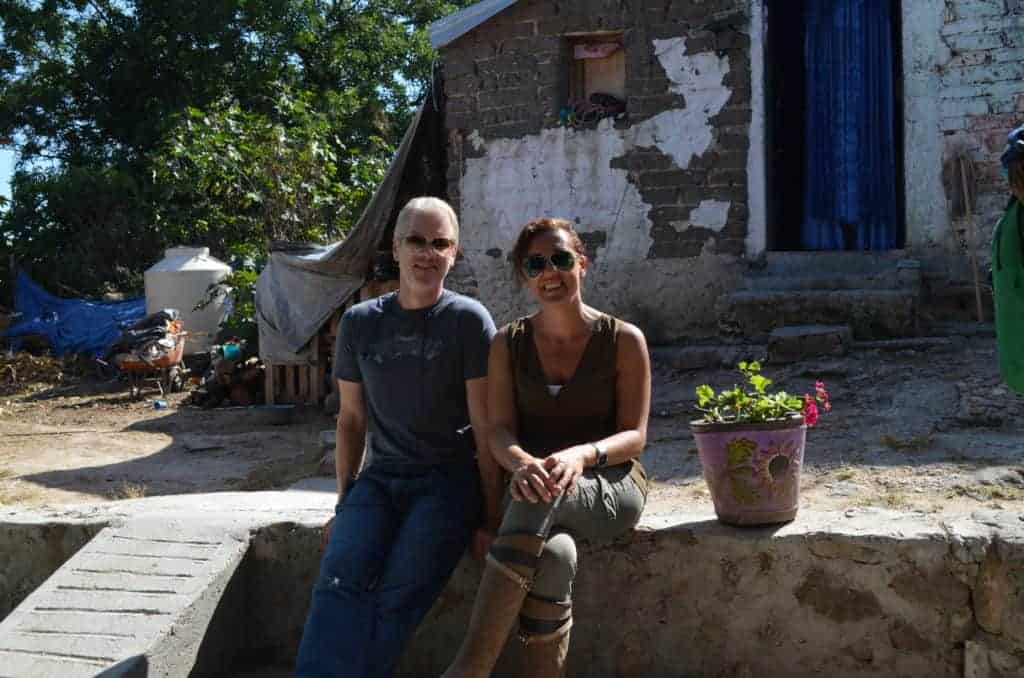
NC Community Colleges…wake up and do.
No less than a week after returning from Mexico, excitement and enthusiasm toward the Hispanic/Latino initiative has developed among staff and faculty at many of the NC Community Colleges who did not travel but have read and heard about the experiences of the team. Discussions at the community college system have turned toward providing professional development for staff and faculty at the colleges who engage, recruit, support, and mentor Hispanic and Latino students. There have been talks about hosting a Latino Summit for college staff and community partners.
The System’s President, Peter Hans has scheduled a meeting with the Mexican General Consulate in Raleigh in December. The system office is looking to strengthen its partnerships with organizations dedicated to helping this population and hopes to find opportunities of partnership with the Mexican Consulate. Additionally, the new majority-minority enrolling in career and college readiness programs (33 percent of all those enrolled) are Hispanic and Latino students. With the nearly 355,000 public school children of Hispanic and Latino heritage now in North Carolina public schools, and enrollment in ESL and career readiness programs increasing, it’s a great time for North Carolina’s community colleges to begin obtaining a better understanding of the Hispanic and Latino community in North Carolina.
Go Global NC Latino Initiative…wake up and do.
Lorena’s plans for the Latino Initiative for the next five years are to offer four programs a year focused on education, health, workforce, and law enforcement. The goal of the education program is to increase the level of cultural understanding and confidence in leadership of administrators from K-12 and higher education systems who serve the Latino population, thus allowing them to create educational institutions that cater to the needs of the Hispanic and Latino community. Additionally, Lorena is adamant about creating learning opportunities in Mexico so that participants understand the potential of our educational institutions and see beyond the many challenges that face North Carolina educators today.
Similarly, the goal for the program focused on health care professionals and leaders is to provide an understanding of the complexity of traditional and non-traditional health care practices infused within many Latino families and culture. This will help officials create more inclusive health care systems in North Carolina with sometimes small but significant changes to improve service to Latinos.
The Latino Initiative’s goals for the workforce development program is to prepare leaders to identify ways to be more inclusive of the untapped North Carolina Latino workforce and to integrate Latinos into the overall pipeline for current and future workforce needs in industries not traditionally thought of for this population. This preparation will help communities economically and socially as critical industry sectors of North Carolina’s economy bridge the existing people gap and gain the momentum necessary to keep the economy growing. Community colleges, as the principal workforce training provider, are aligning themselves to this goal and are ready to embrace this population fully, which will have an enormous impact throughout the state.
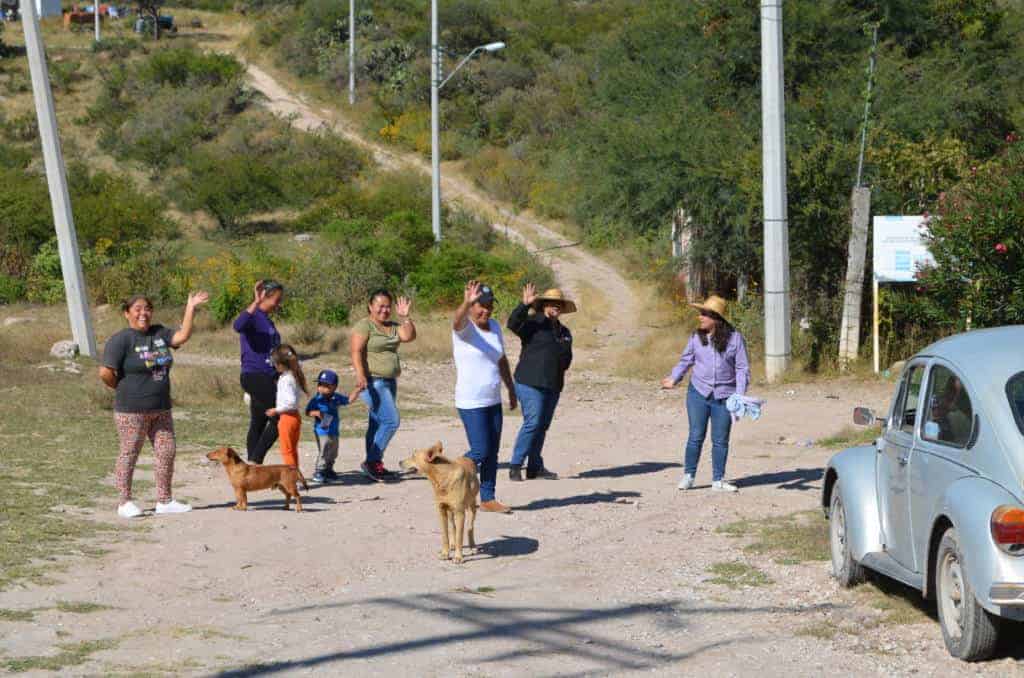
Finally, Lorena’s goal for public safety program is to help officers acquire a deeper understanding of the Latino culture and to know how to build trust between the two communities (law enforcement and the Latino community). This program intends to reach all 100 counties in North Carolina for participation. Lorena has interest in taking this program to a national audience because of the success seen in North Carolina law enforcement operations. The Latino Initiative recently produced a video on the program’s impact and impressions of participants.
Wake up and do!
